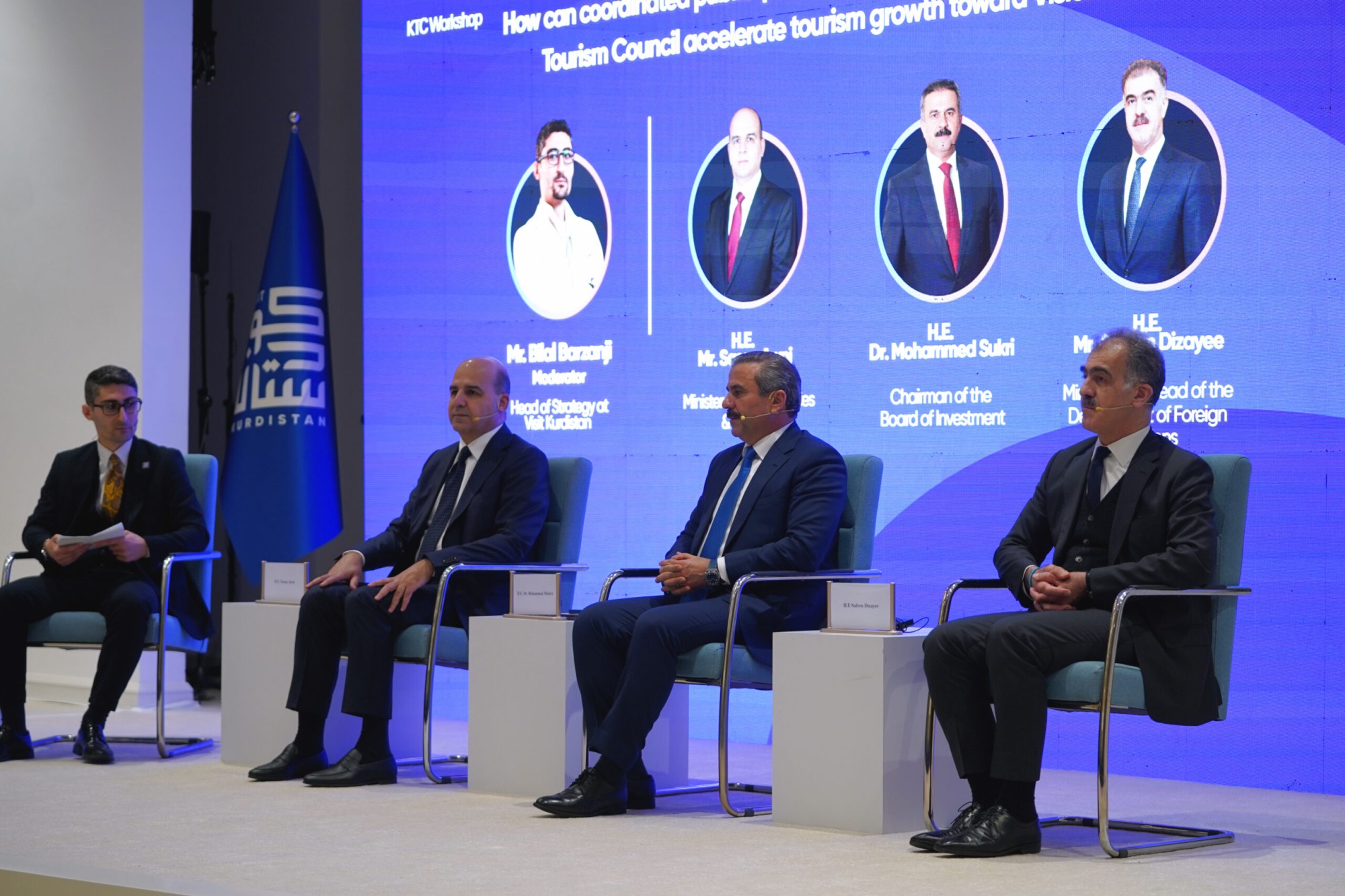The annual report of the U.S. Commission on International Religious Freedom (USCIRF) published on May 1 called on the United States to use diplomatic channels to encourage Baghdad and Erbil to implement the Sinjar Agreement.
? USCIRF today released its 2024 Annual Report, which documents developments during 2023.
— USCIRF (@USCIRF) May 1, 2024
USCIRF’s 2024 Annual Report provides recommendations to enhance the U.S. government’s promotion of freedom of religion or belief abroad. https://t.co/rilI8nH2cB
USCIRF said that the United States should encourage Iraq “to comprehensively implement the Sinjar Agreement with full inclusion of the Yezidi community; and to conduct a national and regional dialogue on potential constitutional and statutory reforms to more effectively protect religious freedom and ensure religious communities’ political representation.”
The Yezidi genocide perpetrated by ISIS in August 2014 in Sinjar resulted in the deaths of thousands of people, with many more being displaced to camps in the Kurdistan Region. Almost 10 years later, thousands of Yezidi women and girls are still missing.
In October 2020, the Iraqi federal government and the Kurdistan Regional Government (KRG) signed the Sinjar Agreement with support of the UN, with the aim to stabilize the situation in Sinjar.
In June, the U.S. Consulate General in Erbil praised the KRG’s efforts to find and rescue the estimated 2,700 Iraqi Yezidi girls and women kidnapped by ISIS who are still missing.
Read More: U.S. Religious Commission Urges Action to Rescue Yezidis, Implement Sinjar Agreement
The USCIRF report also said that the Iraqi federal government’s “implementation of the Yezidi Survivors Law was still inadequate, and the 2020 UN-brokered agreement between the [federal government] and KRG to stabilize Yezidis’ homelands in Sinjar remained essentially unfulfilled.”
Moreover, it said that some Yezidi survivors of ISIS’s 2014 genocide raised their children in displacement camps for fear of returning to an area ruled by competing militias, subject to Turkey’s periodic military strikes, and lacking crucial infrastructure and employment prospects.
Read More: Three Years on: Sinjar Agreement Still in Limbo
Additionally, it said the Iraqi federal government’s 2023 budget law established a reconstruction fund of $38 million for Sinjar and the Nineveh Plains, but faced criticism for failing to apportion an adequate amount.
“Religious minorities continued to cite the perilous security situation as a key reason for their internal displacement and reluctant emigration,” the USCRIF said.
The USCRIF also called on the Iraqi federal government and the KRG to help kidnapped and displaced Yezidi genocide survivors return and reintegrate into Iraqi society, as well as to resolve conflicts over disputed areas as per Article 140 of the Iraqi constitution while also ensuring the participation of all religious and ethnic minorities.
The report also mentioned that the continued failure to resolve long-standing jurisdictional disputes over certain northern territories has created a power vacuum filled by armed groups, including the Iran-backed Popular Mobilization Forces (PMF).
“The [federal government’s] lack of ability or will to curb the increasing power of PMF units remained among the most significant threats to religious freedom,” it emphasized.
“In 2023, several of these largely Shi’a Muslim and sometimes Iran-backed militias expanded their influence among top officials in Baghdad and within communities throughout the country,” it said.
Moreover, it added that Babylon Brigades, a nominally Christian PMF brigade supported by the Shi’a majority of southern Iraq, had accelerated its campaign to gain control over Christian properties in the Nineveh Plains region of northern Iraq. The group is headed by Rayan al-Kildani, who has been attempting to become a leader of the Christians in Iraq.
Read More: Kurdistan Region Welcomes Chaldean Church Leader
Chaldean Patriarch Cardinal Louis Raphael Sako has consistently voiced his strong disapproval of Rayan al-Kildani, alleging him to be appropriating assets belonging to the Chaldean Church and confiscating land belonging to Christians in the Nineveh Plains.
Cardinal Sako last month returned to Baghdad on invitation of Iraqi Prime Minister Mohammed Shia’ Al Sudani after he spent nine months in the Kurdistan Region in protest over President Abdul Latif Rashid’s revoking of a 2013 decision recognizing his position as patriarch of the Chaldeans. Al-Kildani was allegedly behind the revocation.

